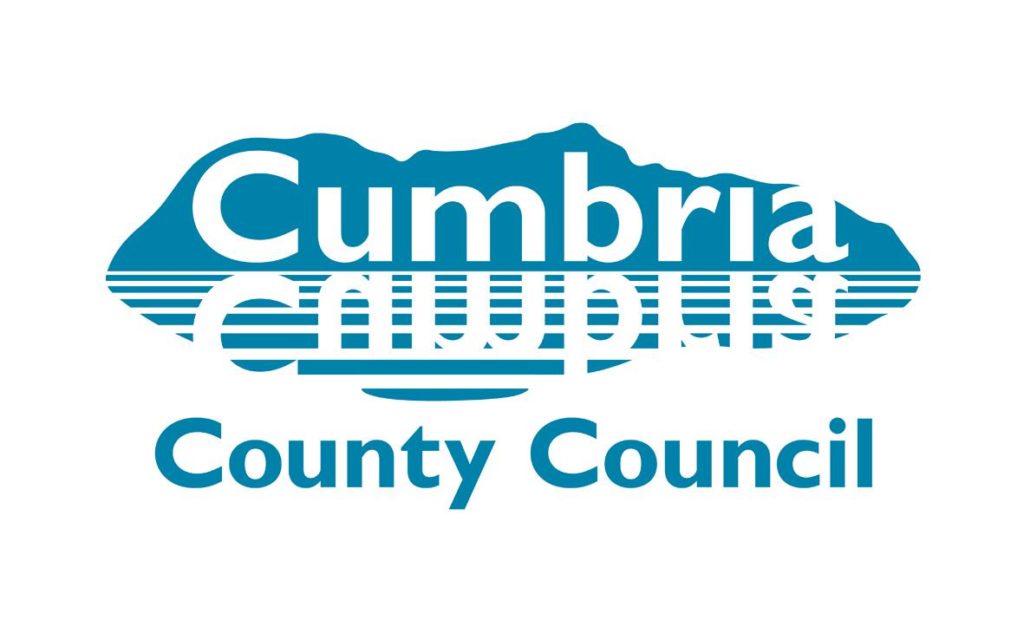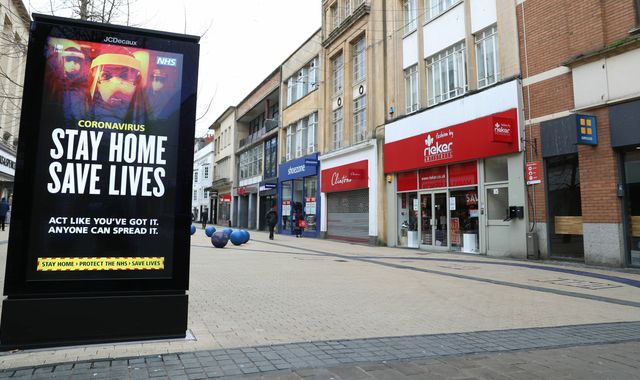Uber loses Supreme Court battle on drivers’ rights in gig economy test
Written by News on 19/02/2021
Uber has lost its battle in the Supreme Court over drivers’ rights – a decision that could have far-reaching implications for millions of people in the gig economy.

Following a lengthy legal fight, the UK’s highest court ruled against the taxi hailing app firm and concluded drivers should be classed as workers, not independent third-party contractors, which means they are entitled to basic employment protections, including minimum wage and holiday pay.
The victory, described by the GMB union as “historic”, paves the way for drivers to claim compensation running into thousands of pounds, although it could take months for the details to be worked out.
Uber has around 60,000 drivers in Britain, including 45,000 in London, one of its most important markets.
However, the company, following the court defeat, has signalled it will argue the ruling only applies to a small group of drivers.
Lawyers also believe the ruling will have future ramifications for other firms that use a similar business model, including food delivery firm Deliveroo and taxi rival Addison Lee.
The gig economy, where people tend to work for one or more companies on a job-by-job basis, has faced criticism from unions who argue it is exploitative, while businesses highlight the flexibility as an advantage.
Uber, which argued drivers were contractors not workers, had appealed to the Supreme Court after losing three earlier rounds of the fight.
But this was dismissed unanimously by seven justices, including Lord Leggatt, who ruled an original employment tribunal was “entitled to find that the claimant drivers were ‘workers’.”
Yaseen Aslam, co-lead claimant and App Drivers & Couriers Union president said: “I am overjoyed and greatly relieved by this decision which will bring relief to so many workers in the gig economy who so desperately need it.”
Co-lead claimant and the union’s general secretary James Farrar said: “This ruling will fundamentally re-order the gig economy and bring an end to rife exploitation of workers by means of algorithmic and contract trickery.
“Uber drivers are cruelly sold a false dream of endless flexibility and entrepreneurial freedom.
“The reality has been illegally low pay, dangerously long hours and intense digital surveillance.”
Nigel Mackay, a partner in the employment team at law firm Leigh Day, which represented some of the Uber drivers involved in the case, said: “Already an employment tribunal, the Employment Appeal Tribunal and the Court of Appeal have ruled that Uber drivers are entitled to workers’ rights, and now the Supreme Court has come to the same conclusion.
“Uber has consistently suggested that the rulings only affect two drivers, but Leigh Day will be claiming compensation on behalf of the thousands of drivers who have joined its claim.
“For many of the drivers that Leigh Day represents, the claims could be worth thousands of pounds in compensation.”
Mick Rix, GMB national officer, said: “This has been a gruelling four-year legal battle for our members – but it’s ended in a historic win.
“The Supreme Court has upheld the decision of three previous courts, backing up what GMB has said all along; Uber drivers are workers and entitled to breaks, holiday pay and minimum wage.
“Uber must now stop wasting time and money pursuing lost legal causes and do what’s right by the drivers who prop up its empire.”
Responding to the judgment, Uber’s Jamie Heywood said: “We respect the court’s decision which focussed on a small number of drivers who used the Uber app in 2016.
“Since then we have made some significant changes to our business, guided by drivers every step of the way.
“These include giving even more control over how they earn and providing new protections like free insurance in case of sickness or injury.
“We are committed to doing more and will now consult with every active driver across the UK to understand the changes they want to see.”
Analysis: Ruling seems like the sweeping verdict Uber feared
By Rowland Manthorpe, technology correspondent
This is a crushing defeat for Uber and a huge win for James Farrar, Yaseen Aslam and the other claimants.
Not just because the drivers were found to have worker status, which was not unexpected given the history of this case, but because of the way the judges framed their unanimous verdict.
There was always a question whether the judges would rule narrowly based on Uber as it was in 2016 when the case was brought, or make a wider judgement about the way Uber operated.
Lawyers are already gathering to argue over the details, but at this stage it seems much more like the sweeping verdict Uber feared.
The judges concluded that Uber drivers are “in a position of subordination and dependency to Uber, such that they have little or no ability to improve their position through professional or entrepreneurial skills”.
What’s more, they did so with reference to conditions that hold today, even though Uber has introduced large-scale changes to its app since 2016: the Uber rating system, for instance, or the fact that Uber monitors acceptance rates for rides.
That doesn’t mean this case is settled.
The judges did not rule that all Uber drivers are workers, just the ones that brought the case, which will now go back to the employment tribunal, which will rule on the application of the law.
It is also worth noting that “workers” are not employees.
The drivers never claimed this: they wanted the limited rights available to this halfway house category, which falls between self-employed and employed status.
But make no mistake: when the union representing the drivers calls this a “landmark victory”, they’ve got it about right.
(c) Sky News 2021: Uber loses Supreme Court battle on drivers’ rights in gig economy test







